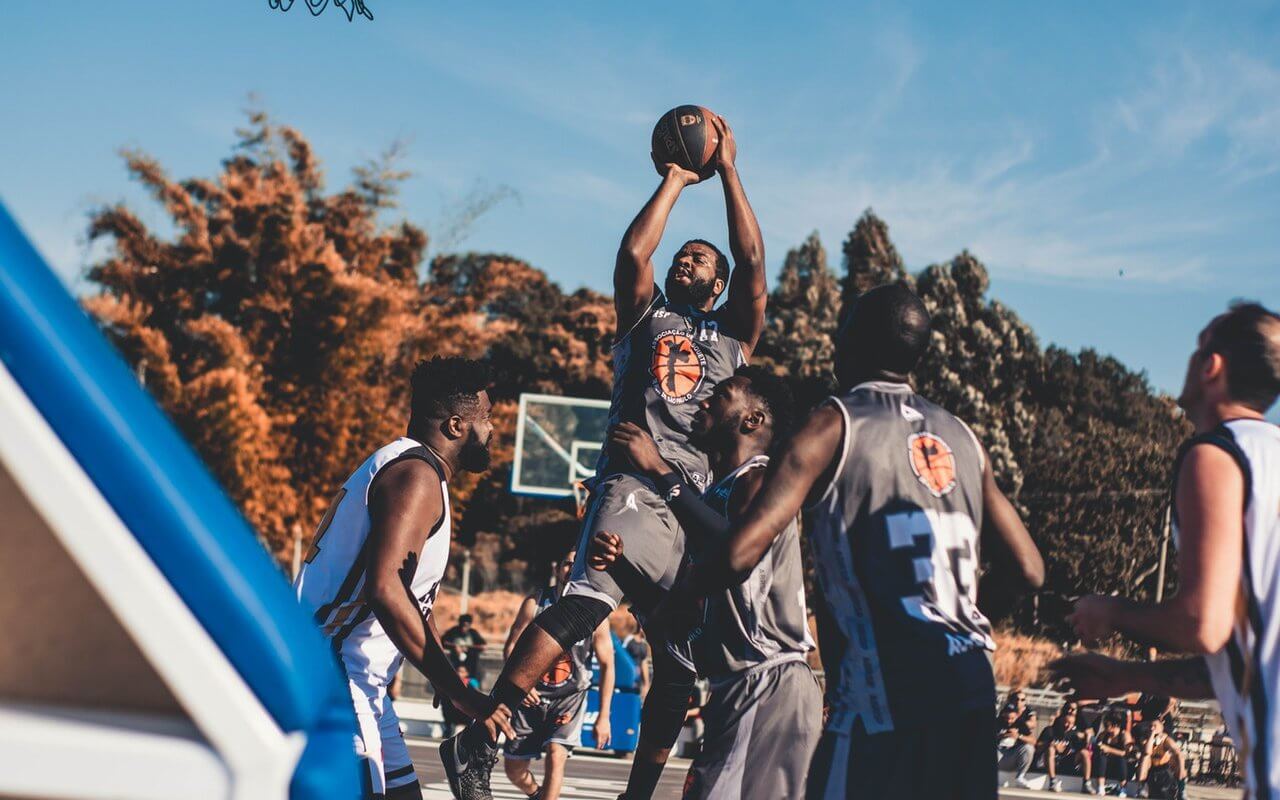Original Article Published On The Jerusalem Post
Maccabiah sports competitions were a highlight for many of us in our Jewish summer camp days. Some of those camp athletes went on to compete against others in the Maccabiah Games, and most Israelis root for Maccabi Tel Aviv, one of Europe’s top basketball teams.
The association of the Maccabee Hanukkah heroes and sports is obvious; both have to do with striving for victory. But the origin of the Hebrew adjective makabi is still unclear, over 2,150 years after Judah and his brothers retired from army service, the monarchy and the oil business. Some theories suggested on http://www.jafi.org.il and on http://www.hebroots.org include the well- known idea that Maccabee is an acronoym for the siddur’s “Mi Kamokha Ba’elim Adonai” (“Who is like You among the gods, O Lord”). Others posit that Maccabee is hammer, from the Hebrew makevet, and transliterated from a similar Greek word, makkabaios – the title given to Judah, third son of Mattathias the Hasmonean.
If you wonder what Judah and the brothers ate, however, you’ll get no insight from http://www.macabeefoods.com where you’ll read about frozen kosher products but nothing that was on the Hasmonean menu. And if you can’t battle the enemies of the people, like Judah, but nevertheless want to support the national economy, try http://www.macabim.com for Israel-made snack foods. (Would Judah recognize himself on the company logo of two Maccabees with beards and helmets?) Even more remote from what the Maccabbees ate, obtainable through http://www.maccabeans.com are “Maccabean legendary jelly beans.” The Judah look-a-like in white toga, blue headband, and an “M” on his chest, guarantees the jelly beans are “sure to make your day victorious!”
From food to footwear: Ever wonder what shoes the Hasmoneans’ wives and daughters wore? Could they have been the Reebok Women’s Court Macabee RB shoe, described at http://www.tennis-warehouse.com
Remember the pictures of Macabees on elephants? Perhaps they learned to ride at Macabee Farm – though Woodbridge, Connecticut, is a long way from Modi’in, the Hasmonean hometown. At http://www.macabeefarm.com we learn that the 16-acre ranch has horses, not pachyderms, and was once a U.S. Nike missile site Finally, if Judah and the boys would want to get away from it all, they could make for the Macabee Beach, near Cannery Row and Monterey, California. (Follow the links from http://www.bayareadiving.com http://www.montereyherald.com or http://montereyinfo.org) Unfortunately, there’s no explanation of the name, which sometimes appears as MacAbee. On second thought, a California beach is probably too cold and too damp for a Hanukkah celebration.



